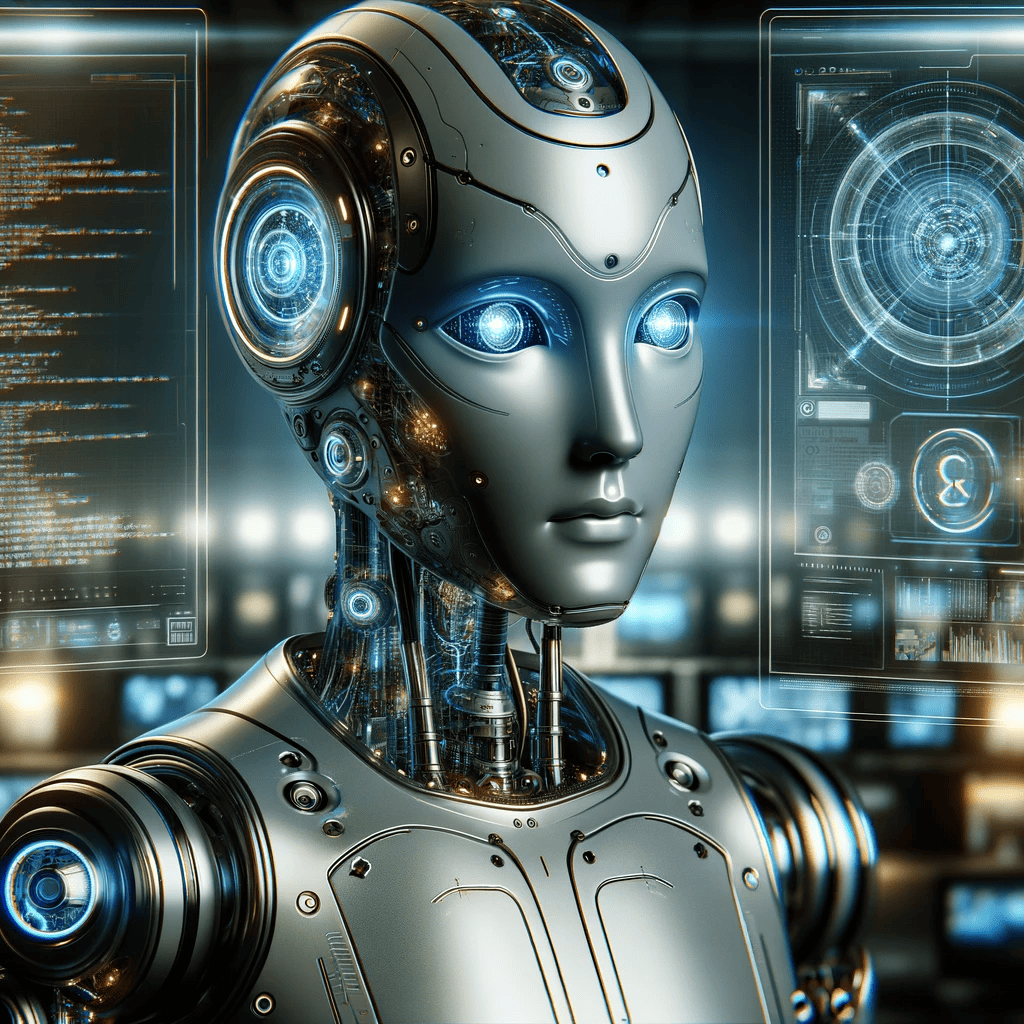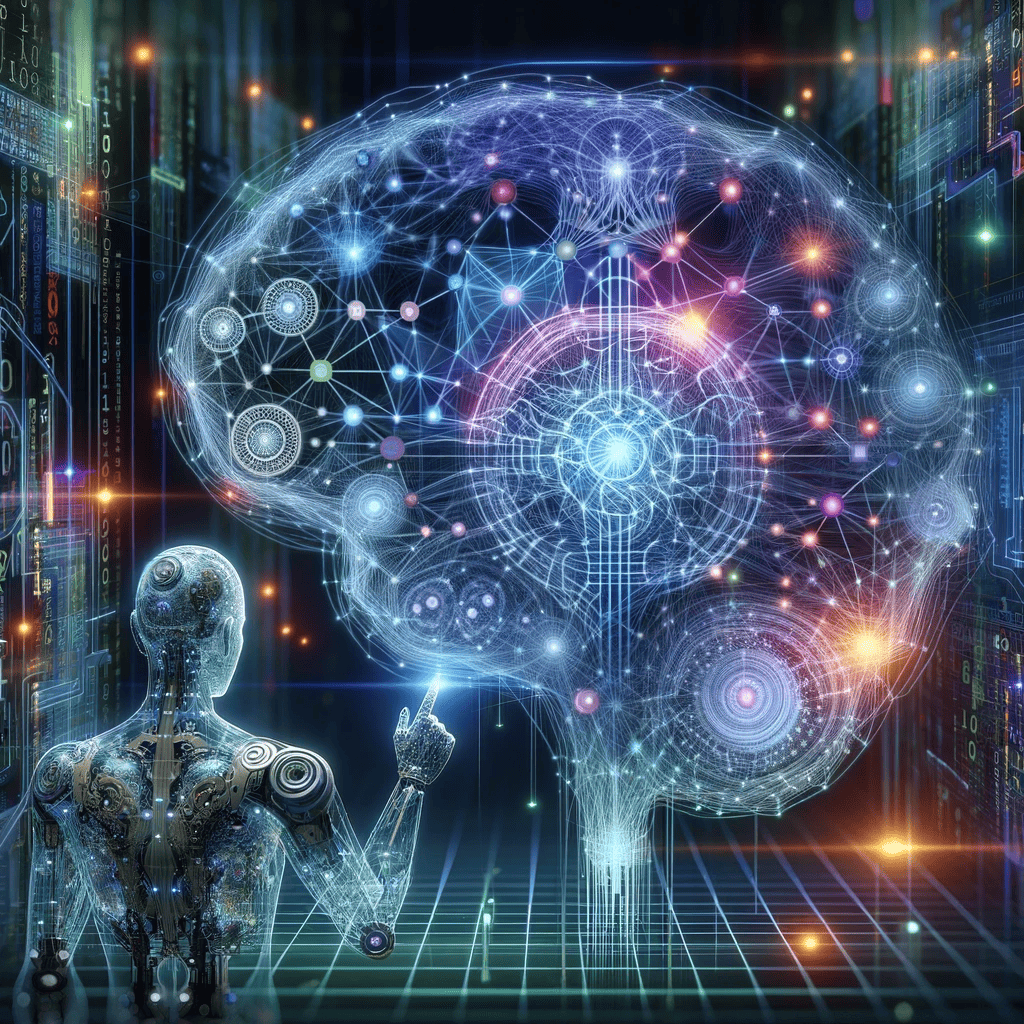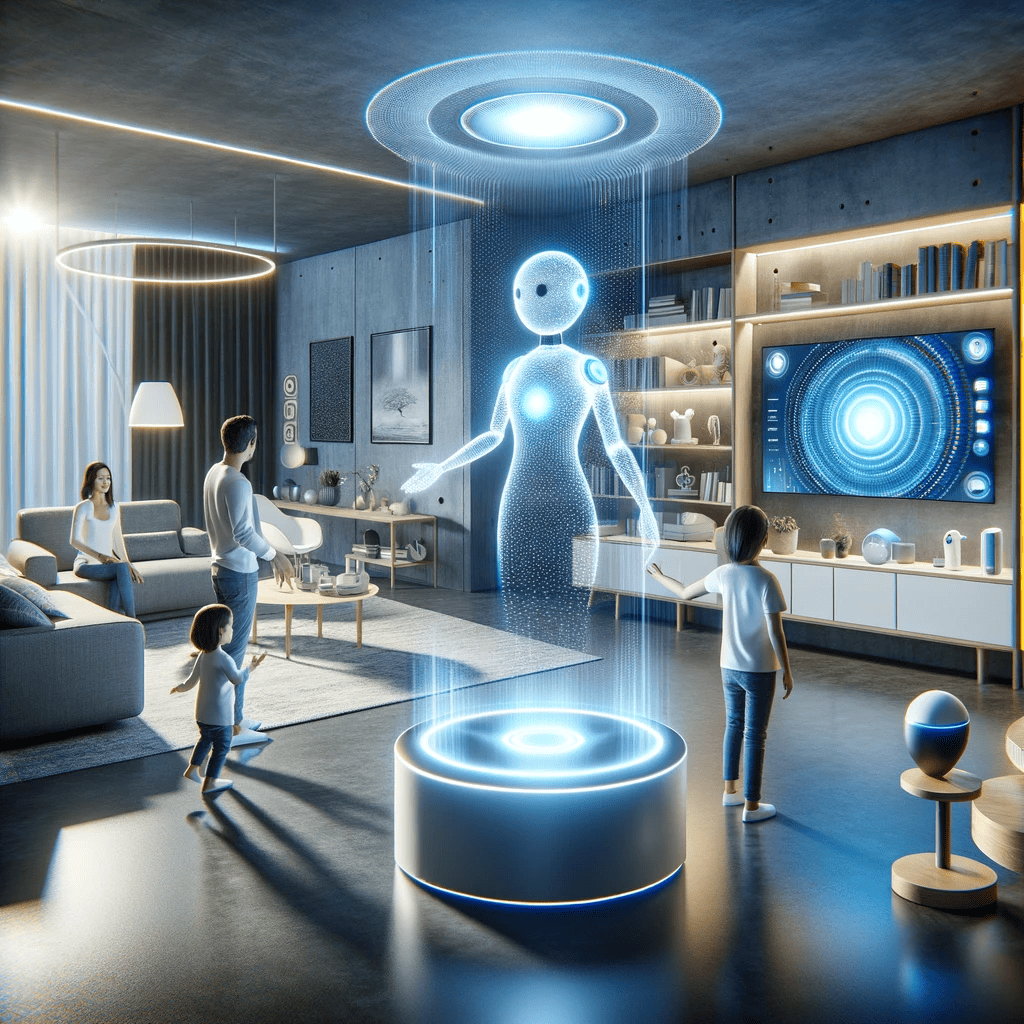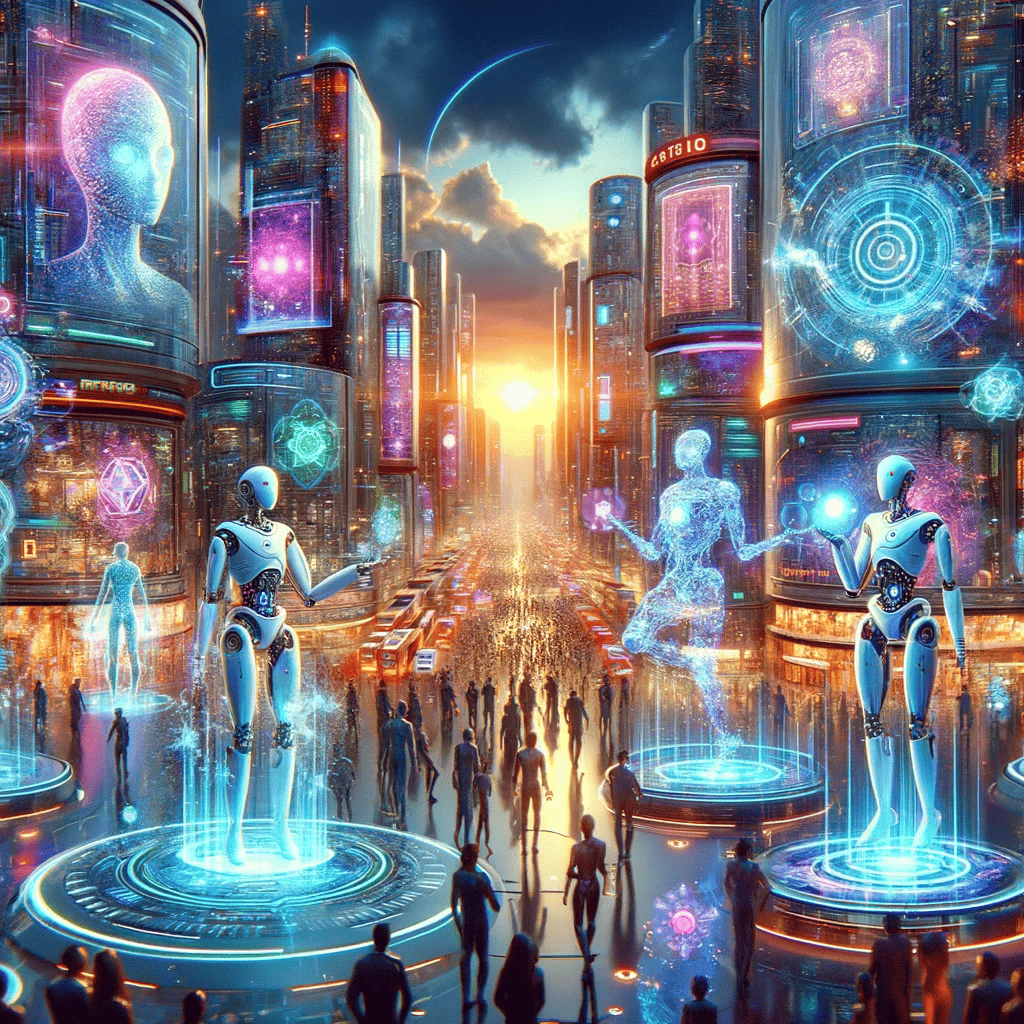Introduction to Artificial Intelligence Bots
Artificial intelligence bots or AI bots have become an integral part of the digital landscape. These intelligent systems are transforming the way we interact with technology, enhancing customer experience, and streamlining business processes. In this article, we will dive deep into the world of AI bots, exploring their capabilities, applications, and impact on various industries.

Understanding the Core Components of AI Bots
Natural Language Processing (NLP)
At the heart of AI bots lies Natural Language Processing. NLP allows AI bots to understand, interpret, and generate human language. This technology enables bots to recognize and respond to user queries effectively, making interactions more natural and user-friendly.
Machine Learning and Deep Learning
Machine Learning and Deep Learning are essential components of AI bots. These techniques empower bots to learn from vast amounts of data, identifying patterns and making decisions autonomously. With time, AI bots become more accurate and efficient, enabling them to deliver superior results.

Conversational AI
Conversational AI is another crucial aspect of AI bots. It enables seamless interaction between users and AI systems through text or voice. Conversational AI leverages NLP, Machine Learning, and Deep Learning to understand user intent, generate appropriate responses, and engage in meaningful conversations.
The Multifaceted Applications of AI Bots
Customer Support
AI bots have revolutionized customer support by offering instant assistance to users. They efficiently handle common queries, reducing wait times and improving customer satisfaction. AI bots can also escalate complex issues to human agents, ensuring a seamless support experience.
Personal Assistants
AI-powered personal assistants like Siri, Alexa, and Google Assistant are becoming increasingly popular. These bots help users with tasks such as setting reminders, answering questions, and controlling smart devices, making everyday life more convenient.

Sales and Marketing
AI bots play a significant role in sales and marketing by automating repetitive tasks, analyzing customer data, and personalizing interactions. They can engage with customers via chat, recommend products based on preferences, and even facilitate transactions.
Healthcare
In the healthcare industry, AI bots are used for tasks such as appointment scheduling, symptom checking, and medication reminders. They can also assist healthcare professionals with patient data analysis, diagnosis, and treatment plans.
The Future of AI Bots: Opportunities and Challenges
Opportunities
As AI technology advances, we can expect AI bots to become more sophisticated and versatile. They will likely be integrated into various industries, making processes more efficient and personalized. Additionally, AI bots could help bridge the digital divide, providing access to information and services to underserved communities.

Challenges
However, AI bots also face challenges. Ensuring data privacy and security is a primary concern, as AI systems often require access to sensitive information. There is also the risk of biased decision-making, as AI bots may inherit biases present in the data they are trained on. Finally, the increasing reliance on AI bots could lead to job displacement, as automation reduces the need for human labor in certain sectors.
Conclusion
Artificial intelligence bots are reshaping the digital landscape, offering new possibilities and challenges. As they become more advanced, AI bots will play an increasingly important role in our lives, transforming industries and redefining human-machine interaction. By understanding the capabilities and implications of AI bots, we can harness their potential for a more efficient, personalized, and inclusive future.
